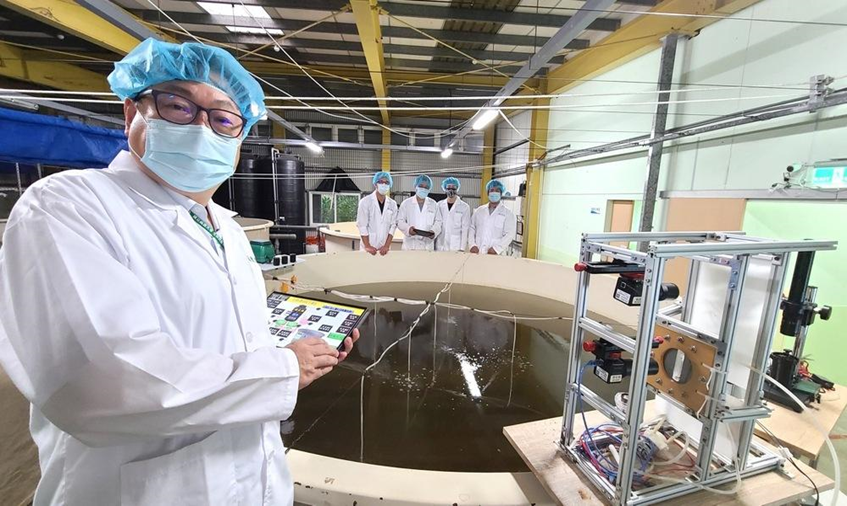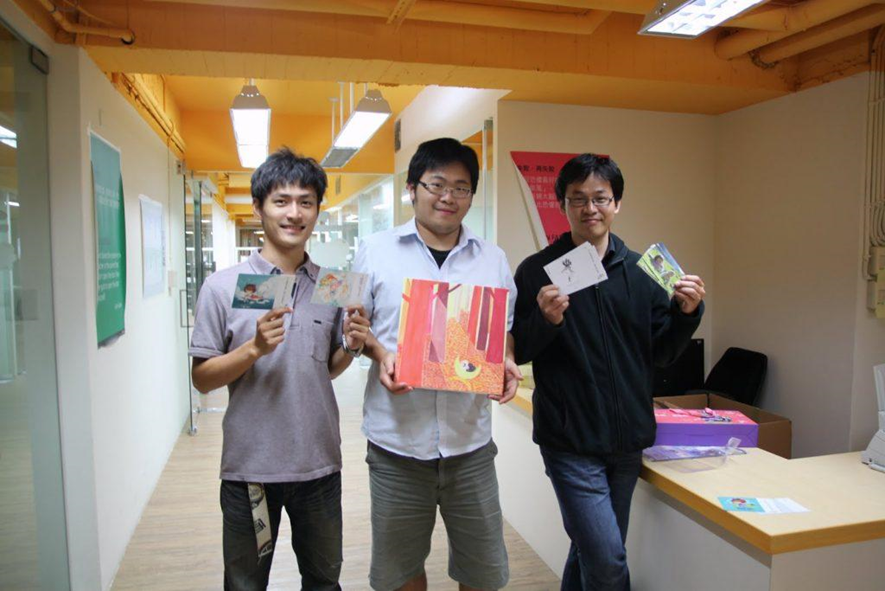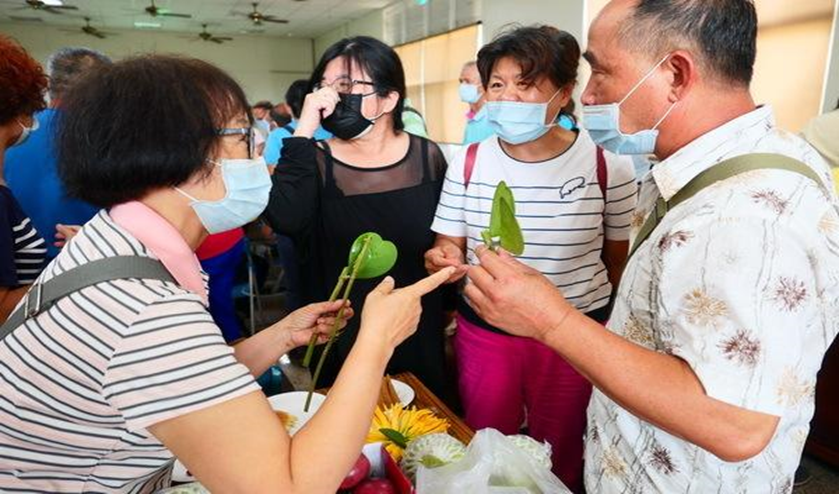SDG2
International Experts Gathered in GWAS Conference to Share the Trend of the Development of Crop Breeding Technology
International Experts Gathered in GWAS Conference to Share the Trend of the Development of Crop Breeding Technology
With the impacts of trade globalization and frequent extreme climate changes, breeding has been a vital issue in Taiwan. To elevate ability to breed cash crops, the Ministry of Science and Technology (MOST) Research Promotion Center of Life Sciences (MSTRPC) held “2019 GWAS and pedigree mapping - Unveil useful genes from natural germplasm for crop breeding” at National Cheng Kung University (NCKU) in April 26th. Experts from the USA, France, Australia, Japan, and other countries gathered to introduce the trend of the development of the latest technology, share the concept of the design of their experiments, and the strategy for overcoming obstacles during the research.
The conference took place in the auditorium located on the 3rd floor of NCKU Life Sciences building, and over 100 scholars from home and abroad attended. Fong-Chin Su, the vice president of NCKU, indicated that climate change is a huge challenge for human sustainability. The development and research of GWAS have provided clues for gene mining and crop breeding. In addition, prof. Su mentioned that the conference is an important platform for international communication; therefore, he expects NCLU can have more international communication and cooperation related to research in the future. The “GWAS workshop” was arranged one day prior to the conference, which enables the students and the researchers from agriculture research units to get familiar with the operation of GWAS.
Yann-rong Lin, a professor from National Taiwan University (NTU), and Hong-hua Chen, a professor from NCKU urge the MOST and Council of Agriculture to support plans regarding GWAS. Prof. Lin indicated that climate change threatens food security; even though the majority of crops have been revised to have better flavor and taste, some original genes have vanished. Therefore, GWAS needs to be applied to prospect genes, discover those which have disappeared, accelerate the process of nurturing new cultivars, and ensure food security.
During the conference, the scholars introduced how to use the GWAS, and discovered the controlling gene for the experience of nurturing new strains and designed for the experiments from the vital cash crops and model organisms like Arabidopsis thaliana.
Matsuoka Makoto, a professor from Nagoya University, and who has been researching the growth regulation of paddy rice, introduced the way he successfully and speedily discovered the controlling genes of paddy rice which result in delayed flowering and other influences through techniques including GWAS, which enables the researchers to nurture new strains. Dr. Michael Dingkuhn from France shared how he used GWAS to rapidly locate the gene which controls the adaptation to the change of environment in the gene library of paddy rice.
Among ecological botany research, Arabidopsis thaliana is the most used experiment subject. Paul E. Verslus, the researcher from Institute of Plant and Microbial Biology (IPMB) of Academia Sinica, introduced that he analyzed Arabidopsis thaliana with GWAS, uncovered its natural heritable variation in the reaction to drought, separated the gene regarding the drought resistance of plants afterward, and verified the gene through the experiments in plants.
With the impacts of trade globalization and frequent extreme climate changes, breeding has been a vital issue in Taiwan. To elevate ability to breed cash crops, the Ministry of Science and Technology (MOST) Research Promotion Center of Life Sciences (MSTRPC) held “2019 GWAS and pedigree mapping - Unveil useful genes from natural germplasm for crop breeding” at National Cheng Kung University (NCKU) in April 26th. Experts from the USA, France, Australia, Japan, and other countries gathered to introduce the trend of the development of the latest technology, share the concept of the design of their experiments, and the strategy for overcoming obstacles during the research.
The conference took place in the auditorium located on the 3rd floor of NCKU Life Sciences building, and over 100 scholars from home and abroad attended. Fong-Chin Su, the vice president of NCKU, indicated that climate change is a huge challenge for human sustainability. The development and research of GWAS have provided clues for gene mining and crop breeding. In addition, prof. Su mentioned that the conference is an important platform for international communication; therefore, he expects NCLU can have more international communication and cooperation related to research in the future. The “GWAS workshop” was arranged one day prior to the conference, which enables the students and the researchers from agriculture research units to get familiar with the operation of GWAS.
Yann-rong Lin, a professor from National Taiwan University (NTU), and Hong-hua Chen, a professor from NCKU urge the MOST and Council of Agriculture to support plans regarding GWAS. Prof. Lin indicated that climate change threatens food security; even though the majority of crops have been revised to have better flavor and taste, some original genes have vanished. Therefore, GWAS needs to be applied to prospect genes, discover those which have disappeared, accelerate the process of nurturing new cultivars, and ensure food security.
During the conference, the scholars introduced how to use the GWAS, and discovered the controlling gene for the experience of nurturing new strains and designed for the experiments from the vital cash crops and model organisms like Arabidopsis thaliana.
Matsuoka Makoto, a professor from Nagoya University, and who has been researching the growth regulation of paddy rice, introduced the way he successfully and speedily discovered the controlling genes of paddy rice which result in delayed flowering and other influences through techniques including GWAS, which enables the researchers to nurture new strains. Dr. Michael Dingkuhn from France shared how he used GWAS to rapidly locate the gene which controls the adaptation to the change of environment in the gene library of paddy rice.
Among ecological botany research, Arabidopsis thaliana is the most used experiment subject. Paul E. Verslus, the researcher from Institute of Plant and Microbial Biology (IPMB) of Academia Sinica, introduced that he analyzed Arabidopsis thaliana with GWAS, uncovered its natural heritable variation in the reaction to drought, separated the gene regarding the drought resistance of plants afterward, and verified the gene through the experiments in plants.
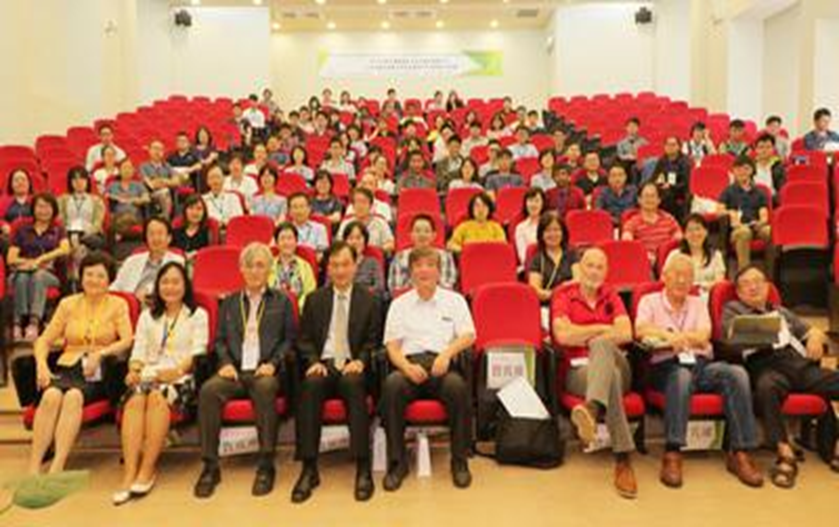
International Experts Gathered in GWAS Conference to Share the Trend of the Development of Crop Breeding Technology
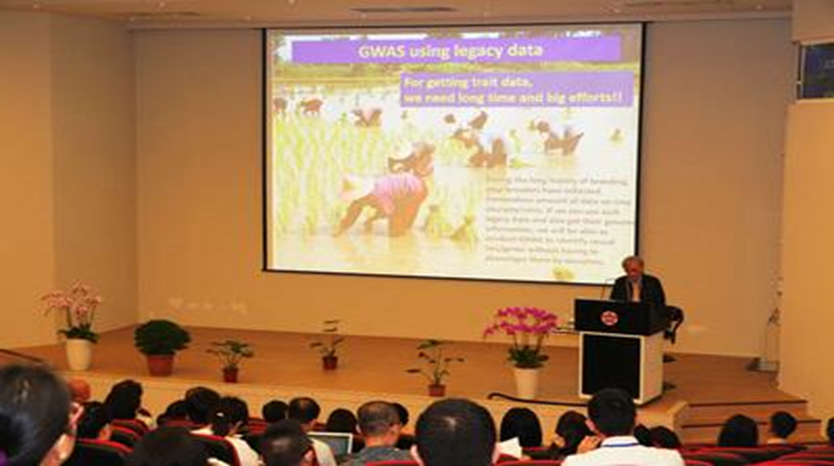
The newest technology trends are presented in GWAS Conference



